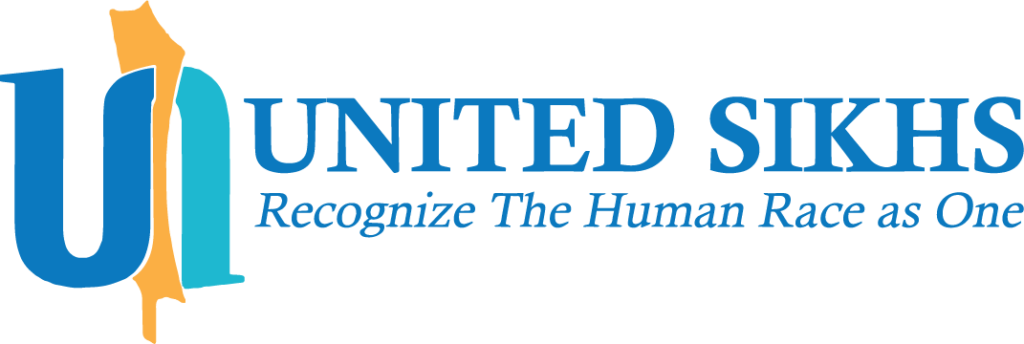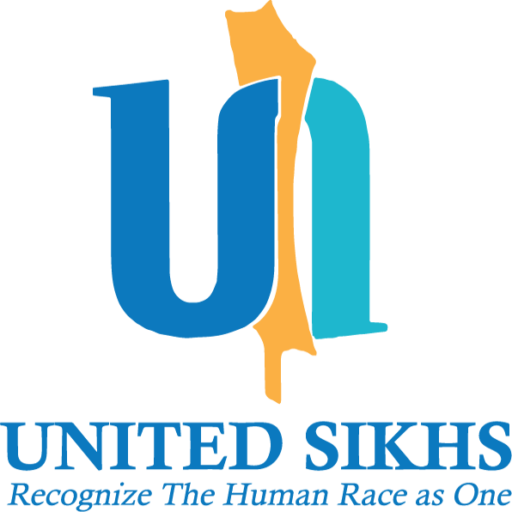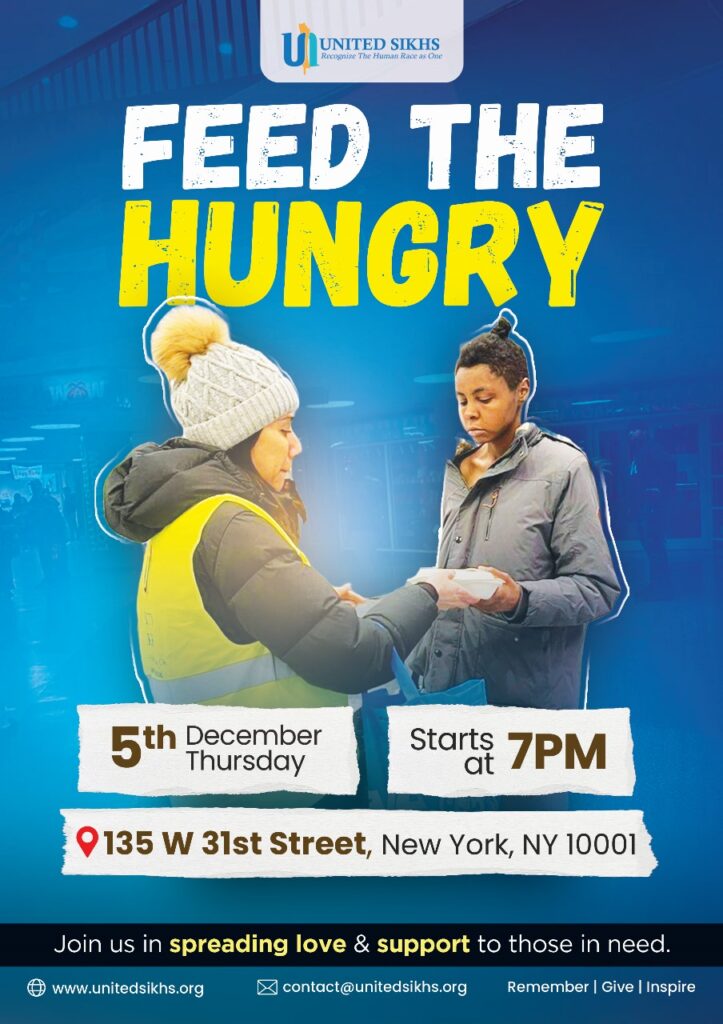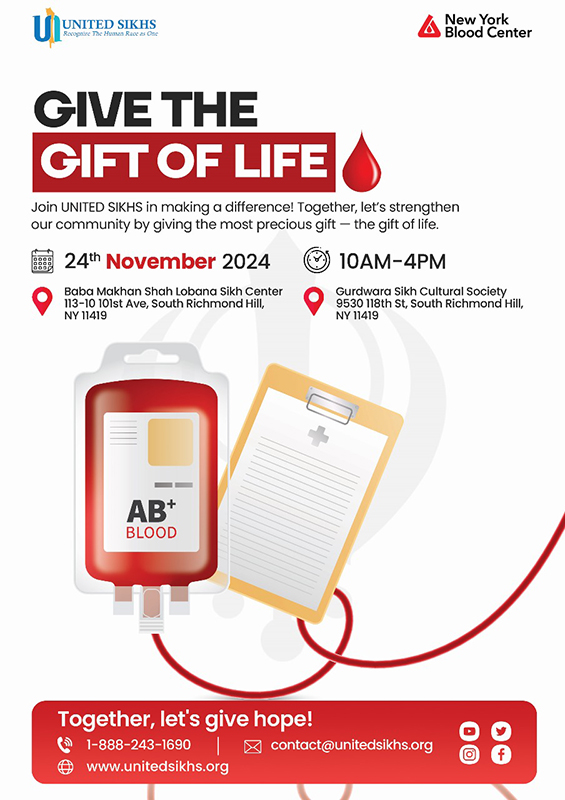Injustice anywhere is a threat to justice everywhere, UNITED SIKHS puts this thought into action.

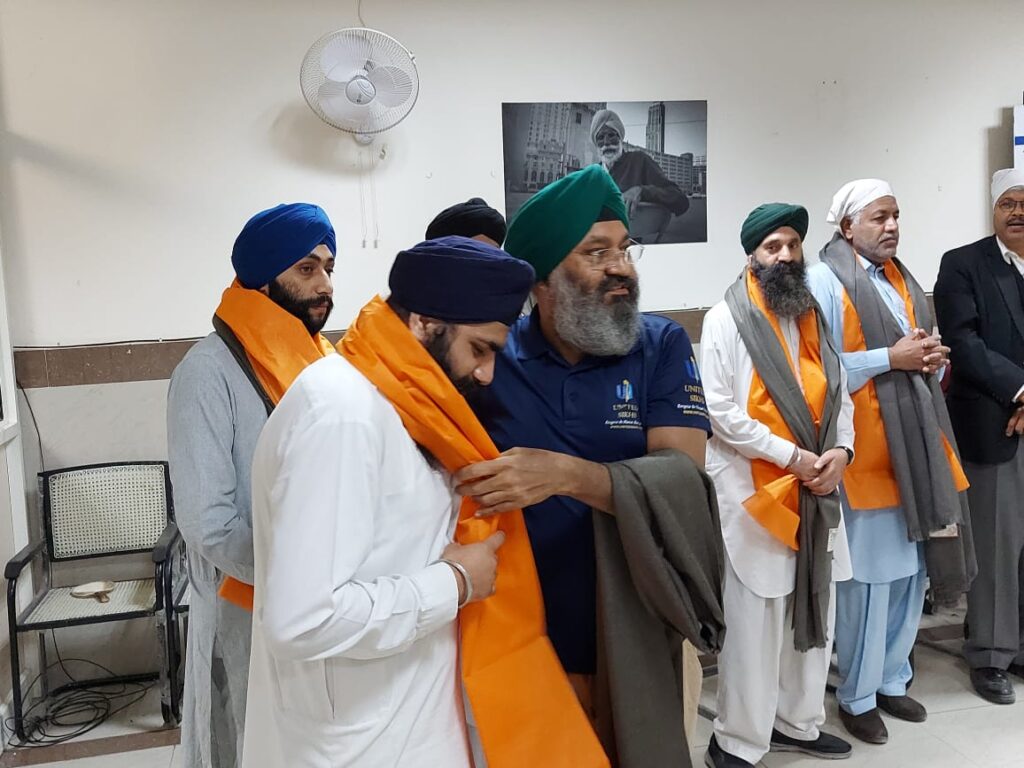
Parvinder Singh Nanda director of United Sikhs (in blue t-shirt) honors a refugee from Afghanistan
United Nations-affiliated NGO providing financial aid, arranging medical help and other essential daily items for families who fled Afghanistan after the Gurdwara attack in the capital Kabul that killed 25 Afghan Sikhs; India has been supportive, but the official process to rehabilitate is time-consuming and arduous hence the onus falls on civil society, that is where the NGO has stepped up to ensure nobody is left behind. After providing roughly 400 Afghan Sikhs passports amongst other humanitarian relief it has been providing Rs 15,000 a month to families struggling for survival in Delhi.
NEW DELHI As the Indian subcontinent marked the completion of a painful year for the kin of 25 Afghan Sikhs killed in the Kabul gurudwara attack in March of 2020, UNITED SIKHS decided to pay tributes to the dead and honor the surviving families in New Delhi on Wednesday, March 24th.
The attack took place inside Guru Har Rai Sahib Gurudwara and left behind a tale of death, destruction, and grief that UNITED SIKHS hopes to ease for all of those affected.
Chaibul Singh, 25, was in Ghazni in Afghanistan on March 25th of last year when he got a call from a family member informing him about the gurdwara attack. Chaibul’s childhood friend and his uncle were amongst those killed.
In September 2020, Chaibul came to India on an emergency flight with eight other family members. They are yet to be officially classified as refugees or citizens of India. They have no Aadhaar card, which makes it difficult for them to find a job. “That one incident changed our lives. While we had shops and homes there, we had to leave everything behind. Now, I work here for Rs 8.000 and my younger brother does a menial job earning Rs 7,000 a month. Lack of documentation and difficulty in speaking Hindi also works against us. We used to speak Pashto or Punjabi in Afghanistan. People find it difficult to understand my Punjabi dialect here,” added Chaibul. In addition to their earnings, Chaibul and other families like him have been receiving monthly monetary aid from UNITED SIKHS along with furniture as well as household and essential daily items such as washing machines, bedding, utensils, cookware, geysers, gas cylinders. This relief has been provided to multiple Hindu and Sikh families who came from Afghanistan.
Parvinder Singh Nanda, Director, UNITED SIKHS said they had been working hard to support these families, as it was difficult for them to sustain by themselves. “To even get medical treatment, they require money and some ID proof. We have helped them get passports, assisted with educational assistance, and also provided them free medical assistance through the Delhi government. The next step is to seek assistance from the United Nations high commissioner for refugees, the process for which is underway,” he added.
Surbeer Singh, 39, of Ghazni, Afghanistan, a widely-respected religious leader of Sikh Afghan families in Delhi, says, “The Indian government has helped us by bringing us to the country through emergency flights. I know of at least 87 families who came to India, along with mine. We don’t need Aadhaar cards. We need to get resettled.”
Surbeer Singh’s concluding statement is illustrative and will stay with you. “I cannot get out of my mind the image of the three-year-old girl who was killed in the massacre. There were children, elderly people, and women in the Gurdwara that day. The attack left people in shock. While we never feared anything earlier, this incident changed that, and we were forced to start looking at other options.”
